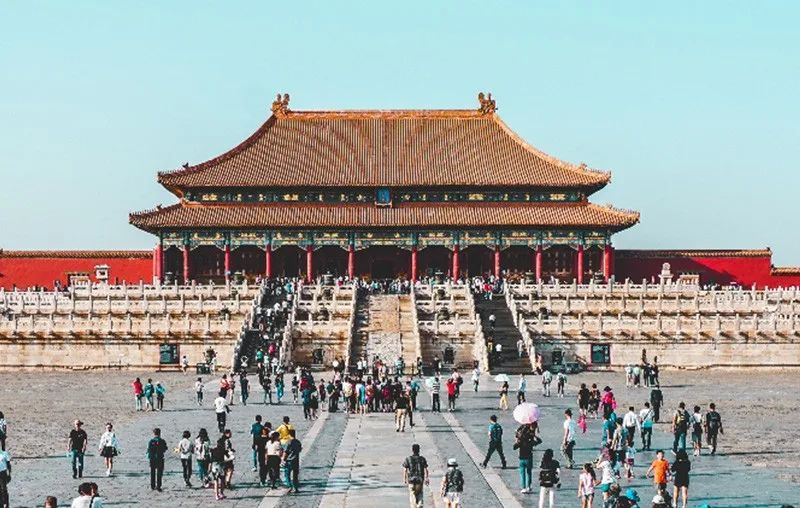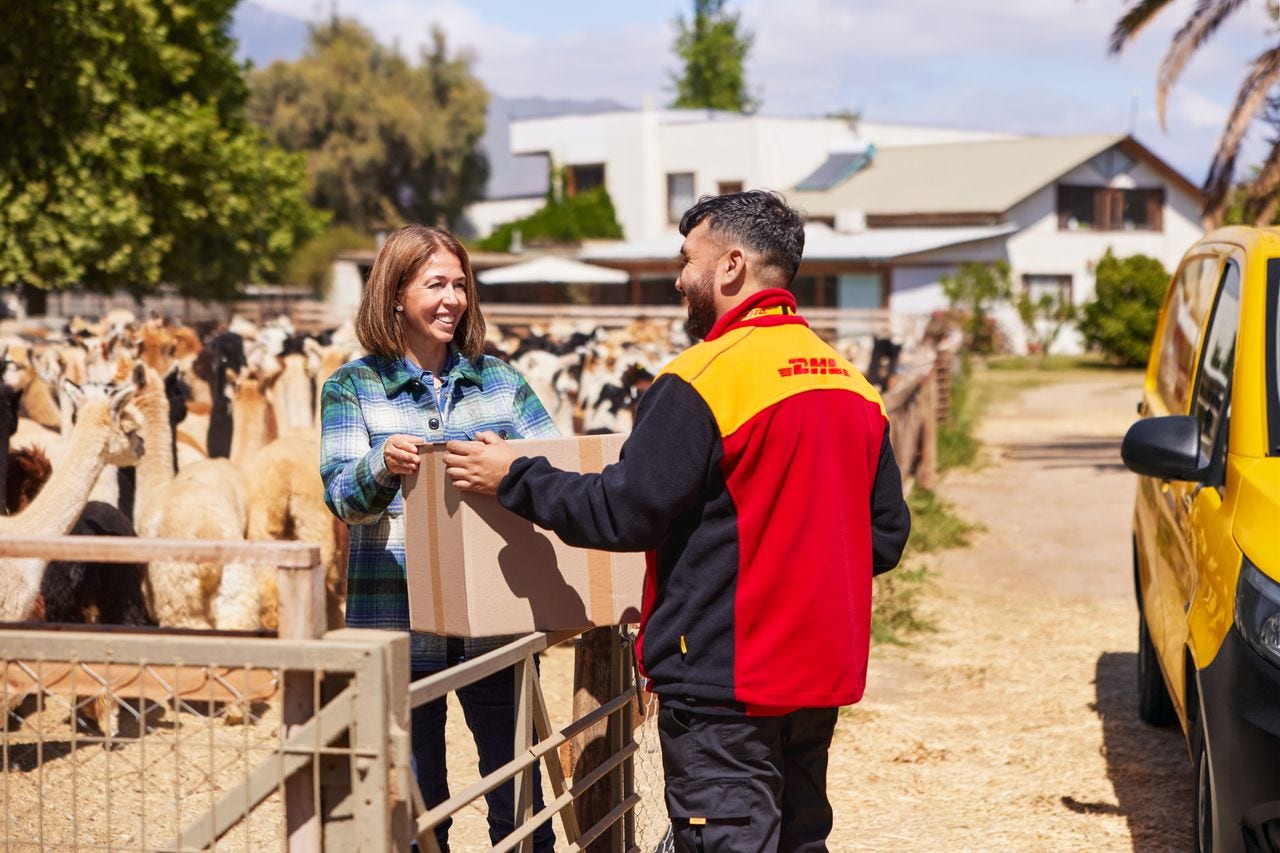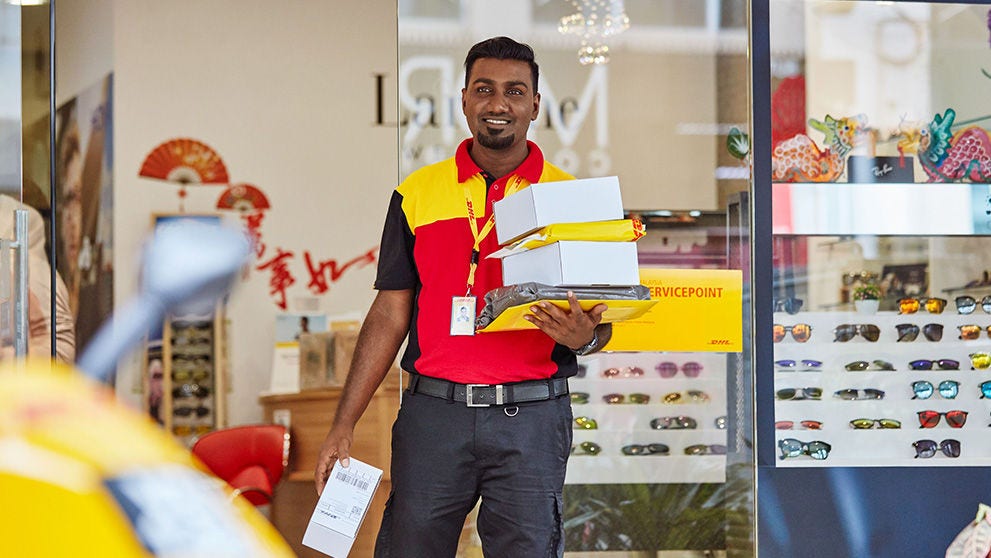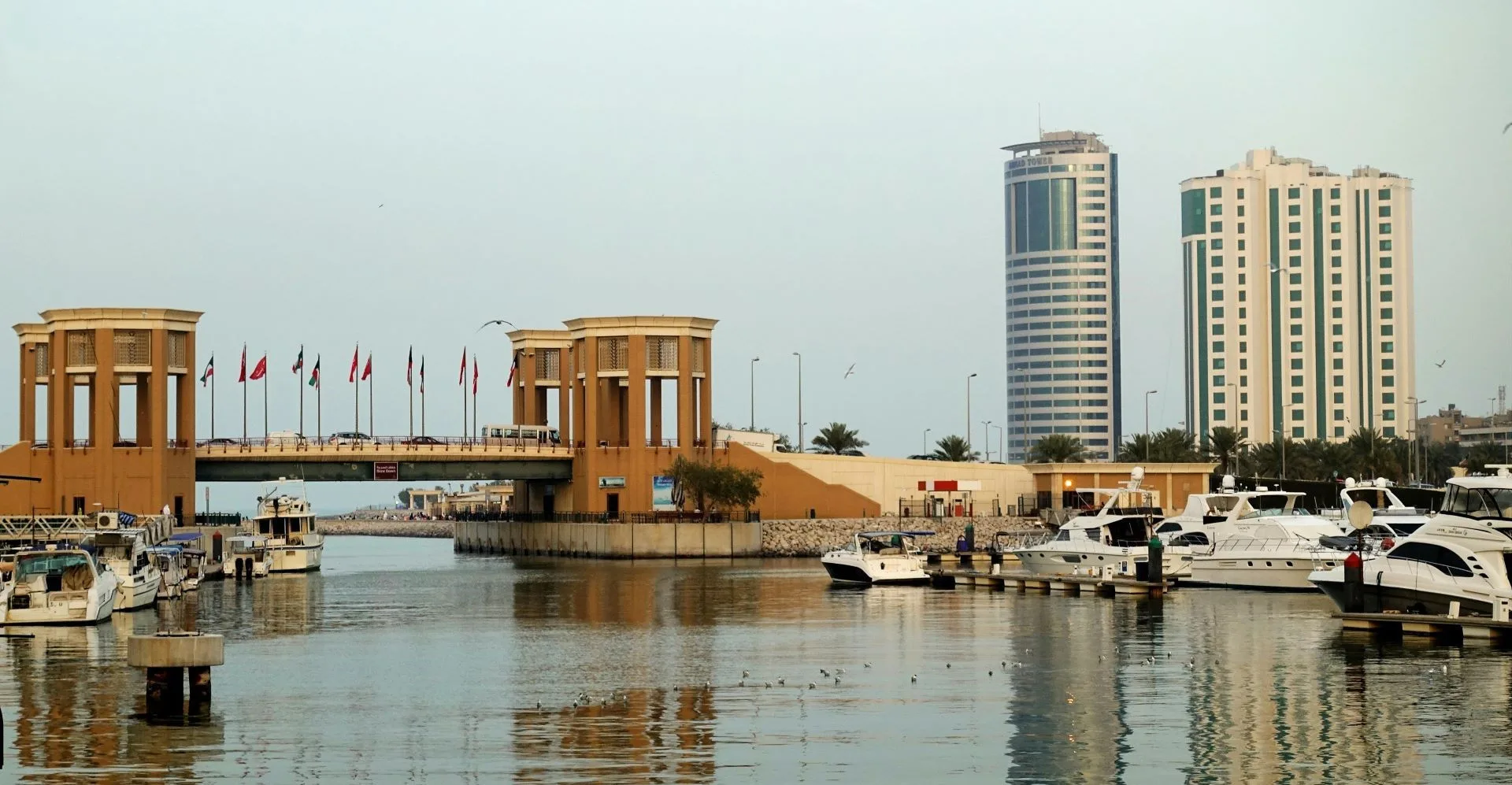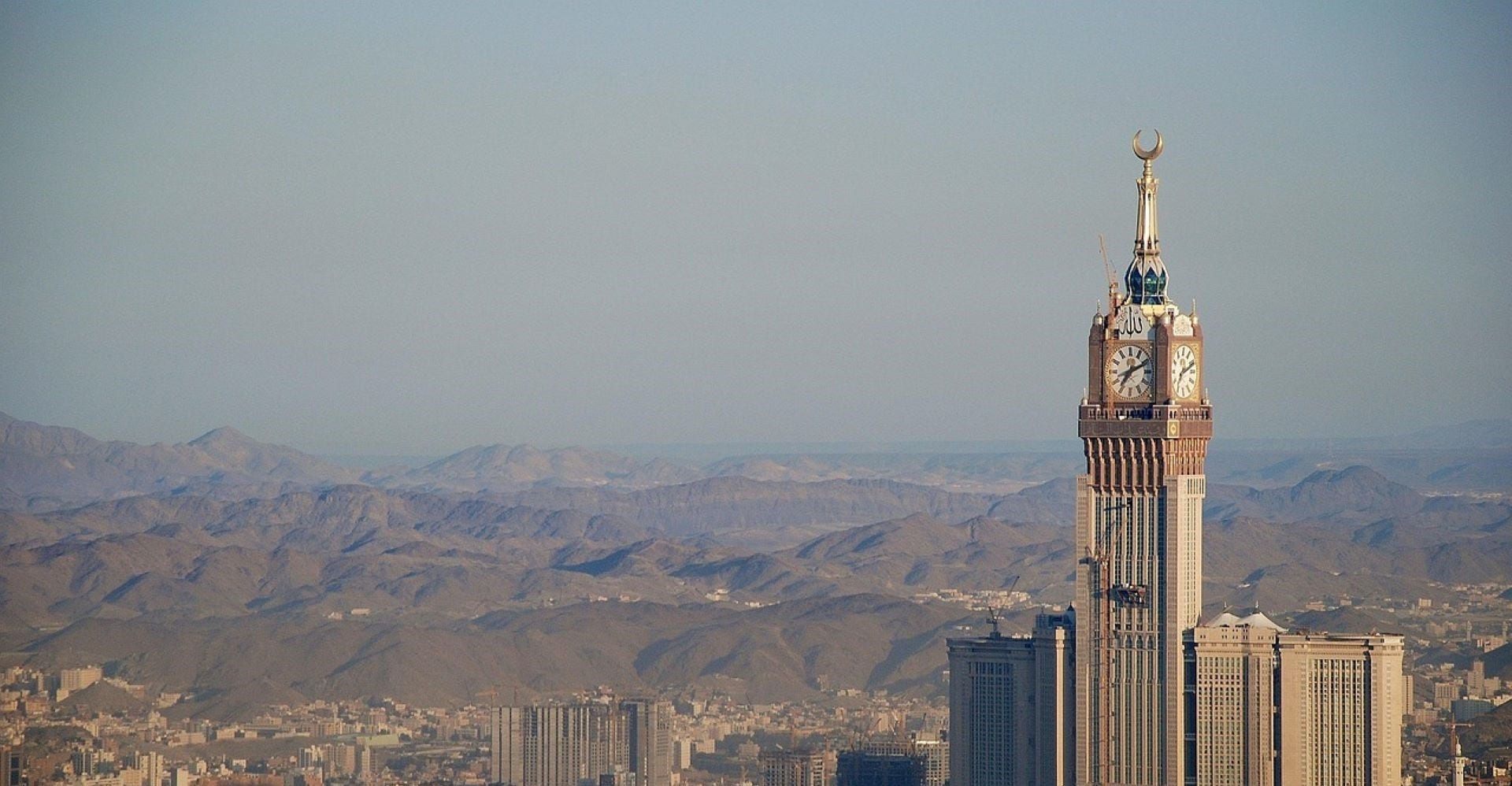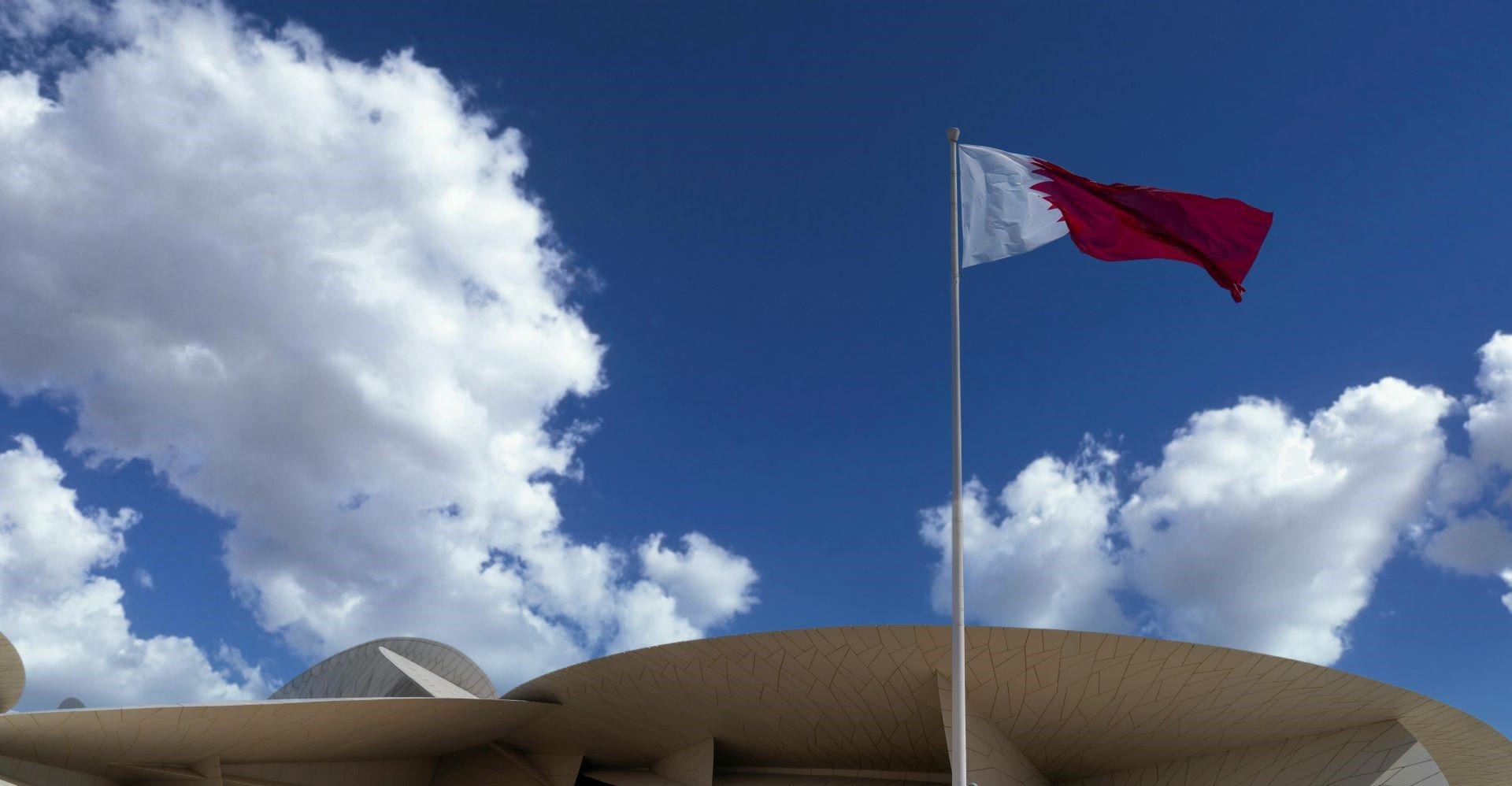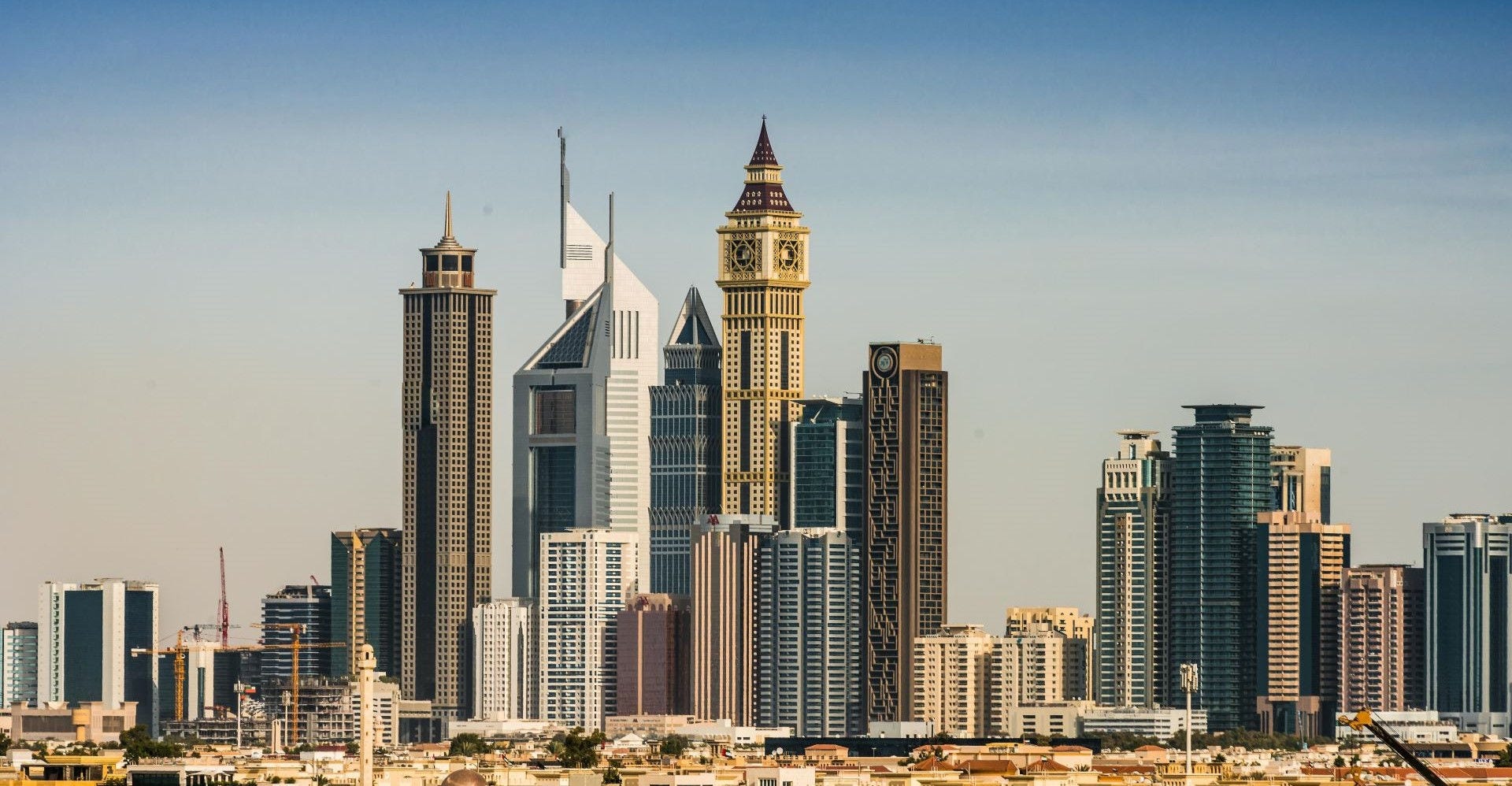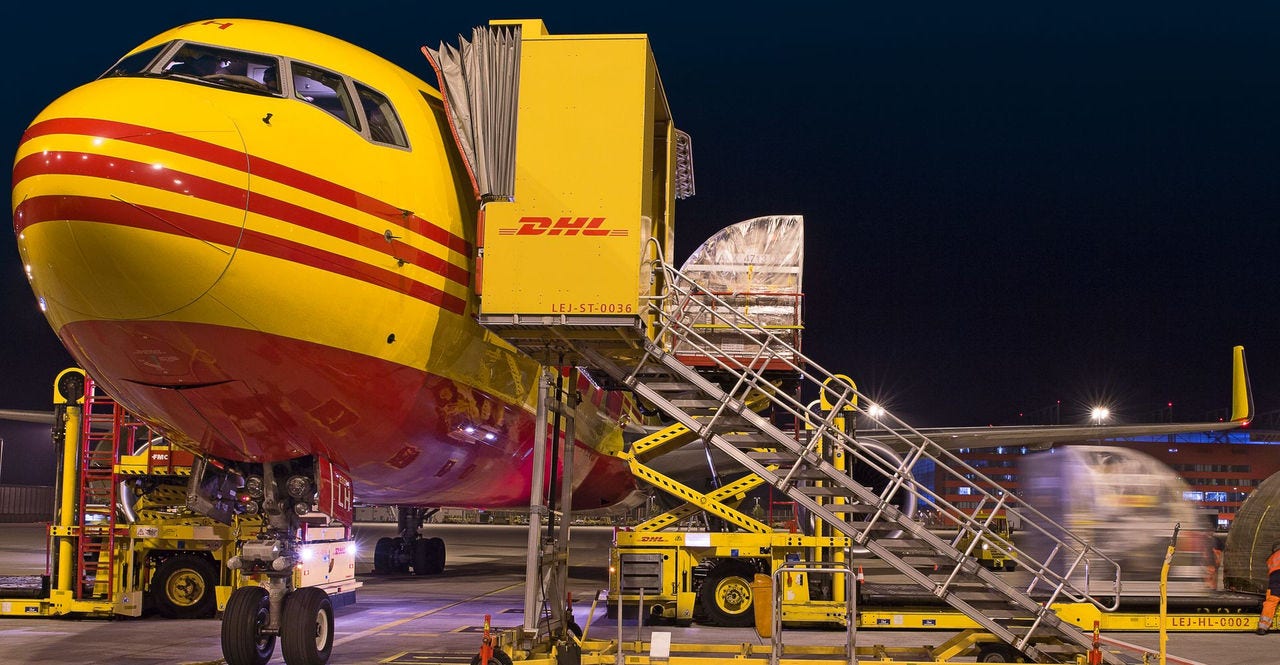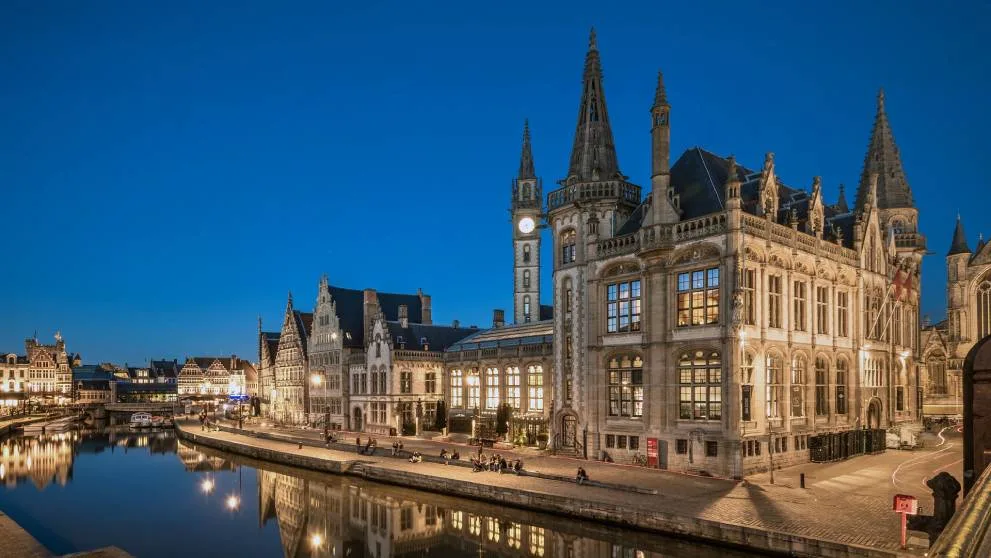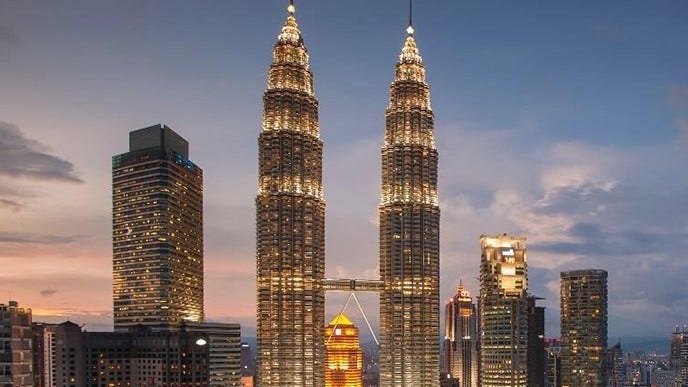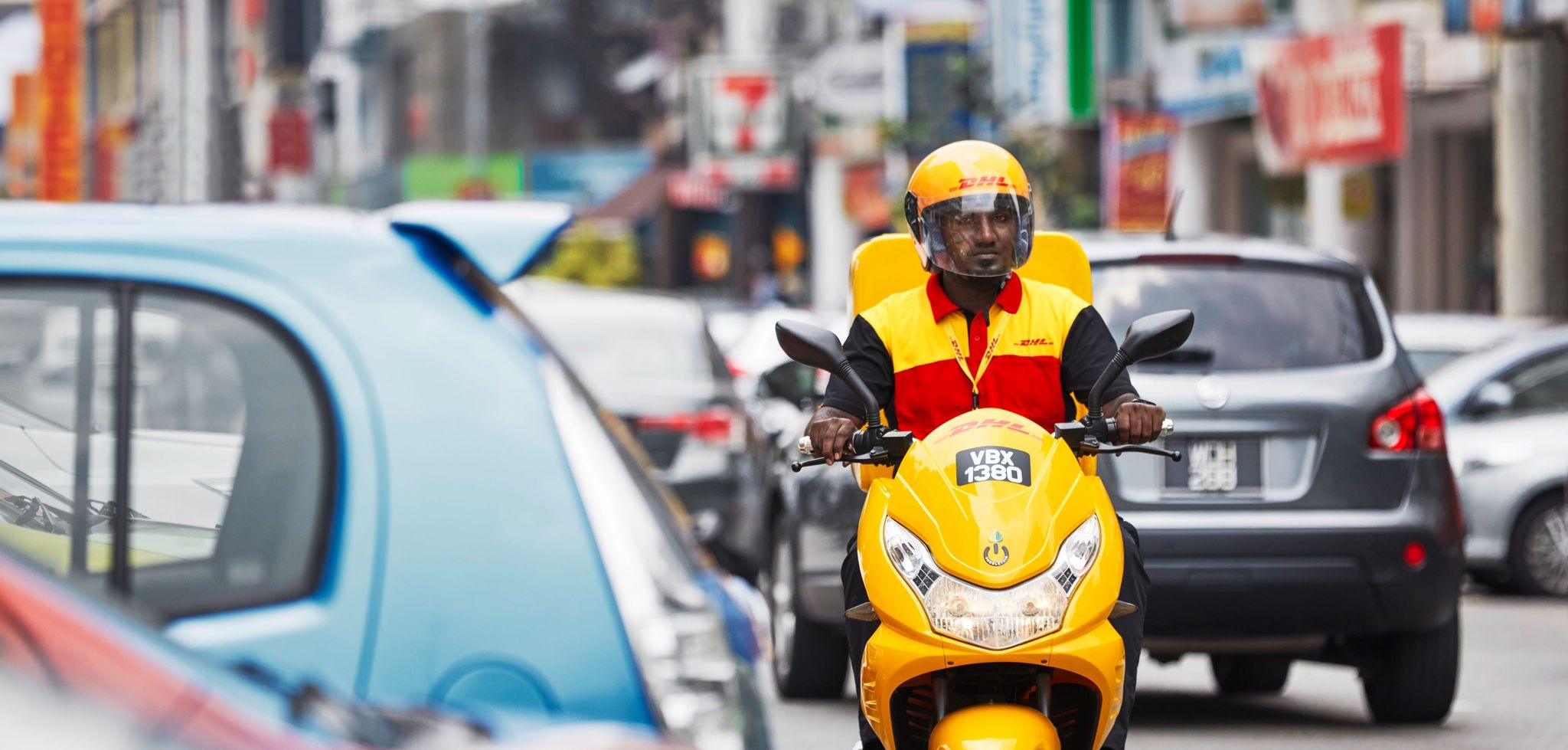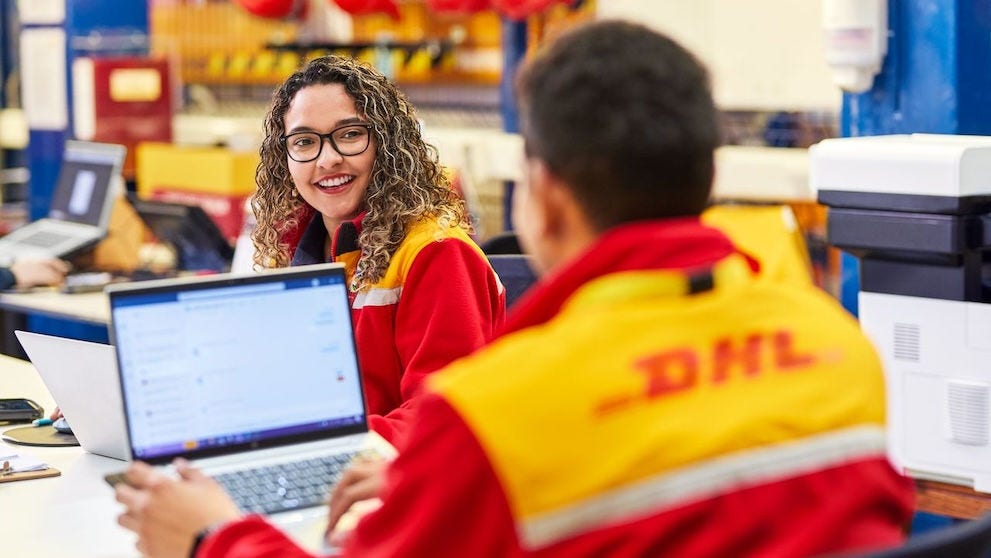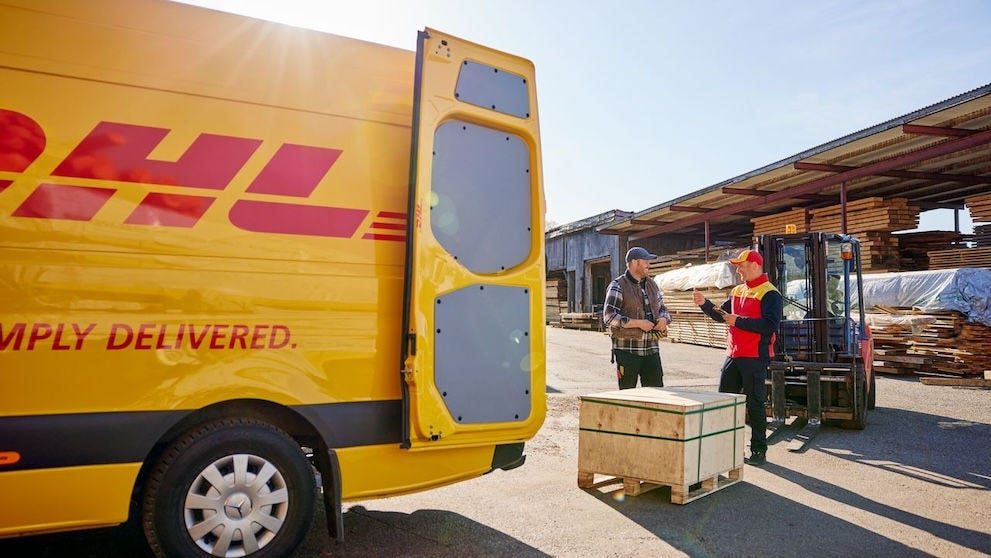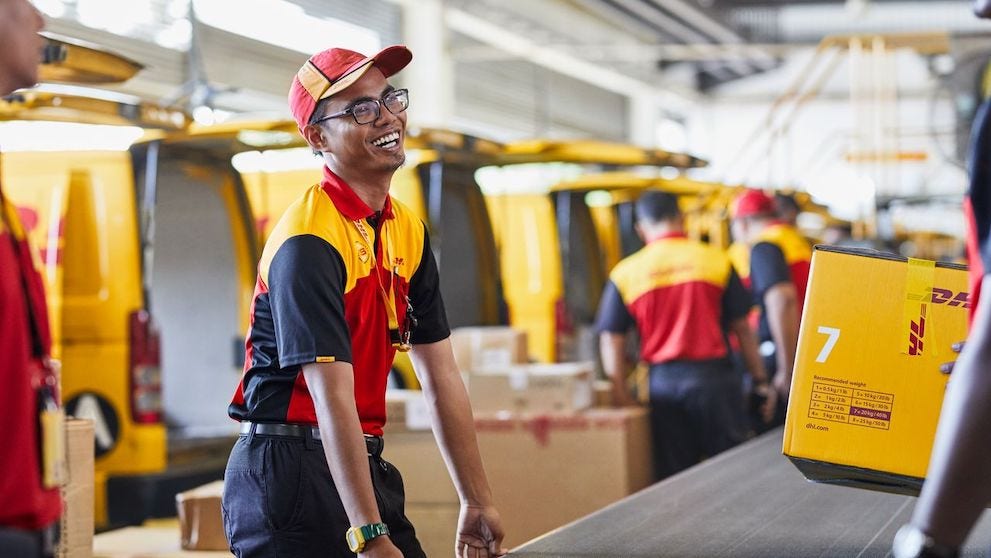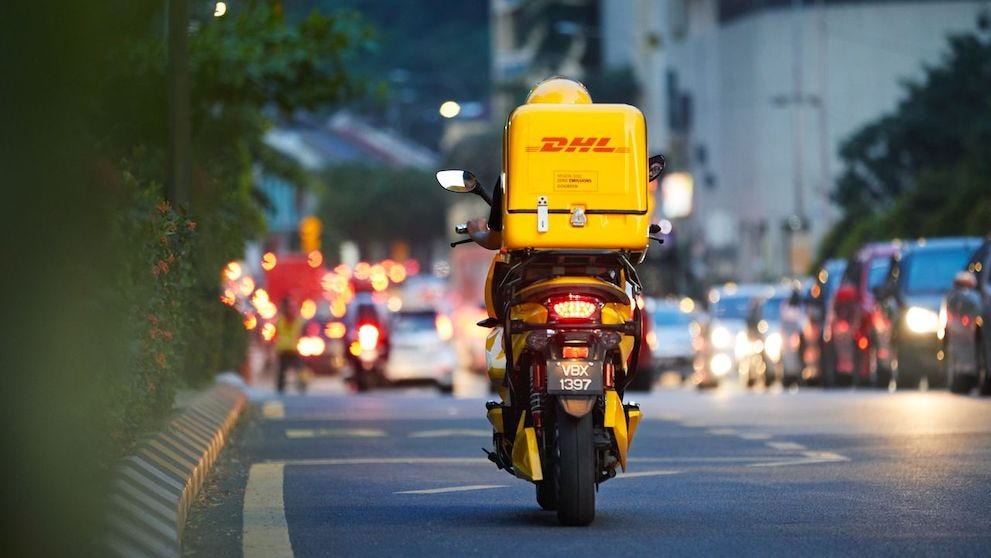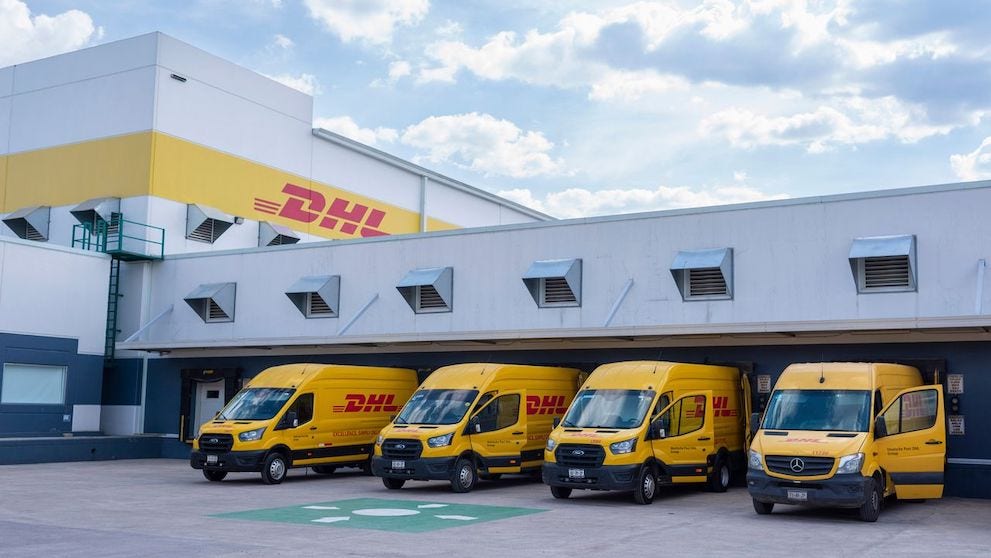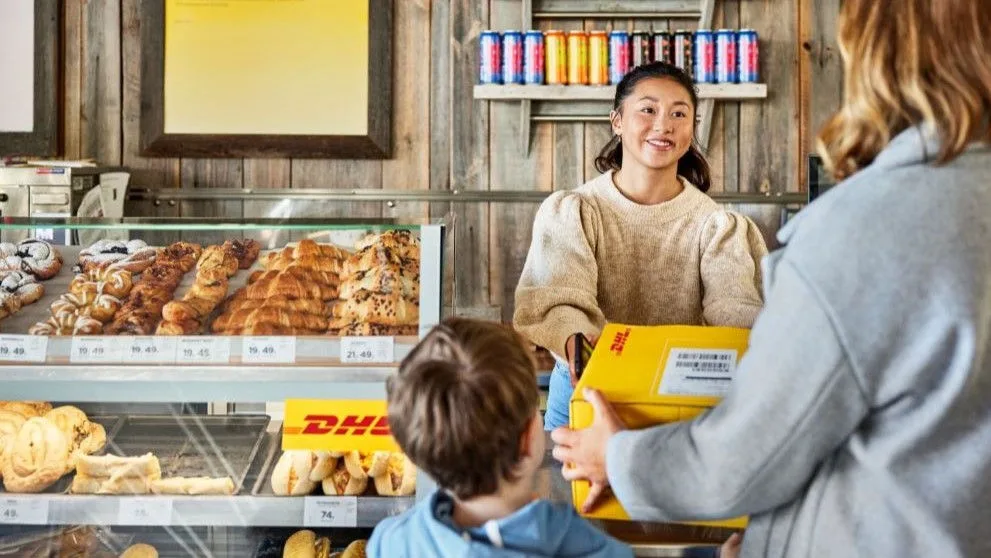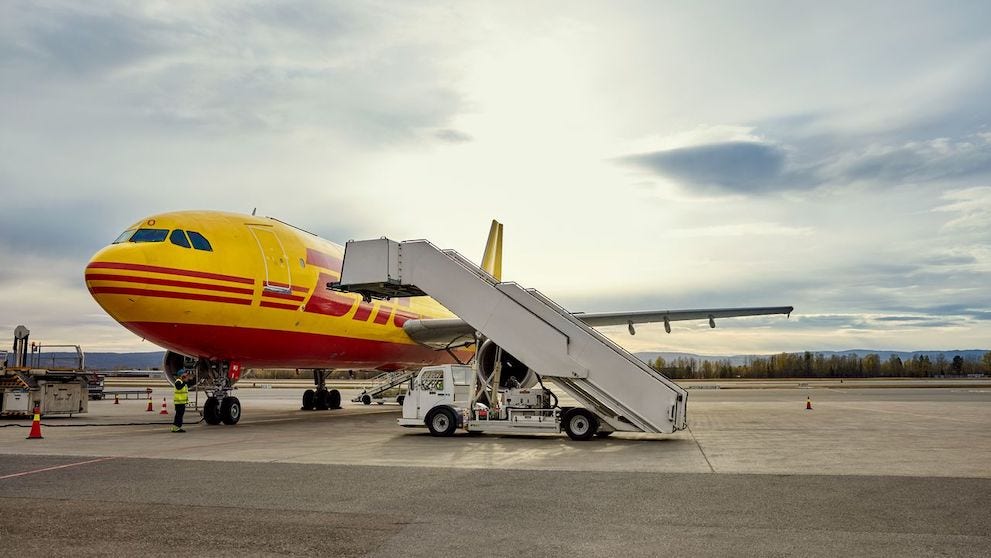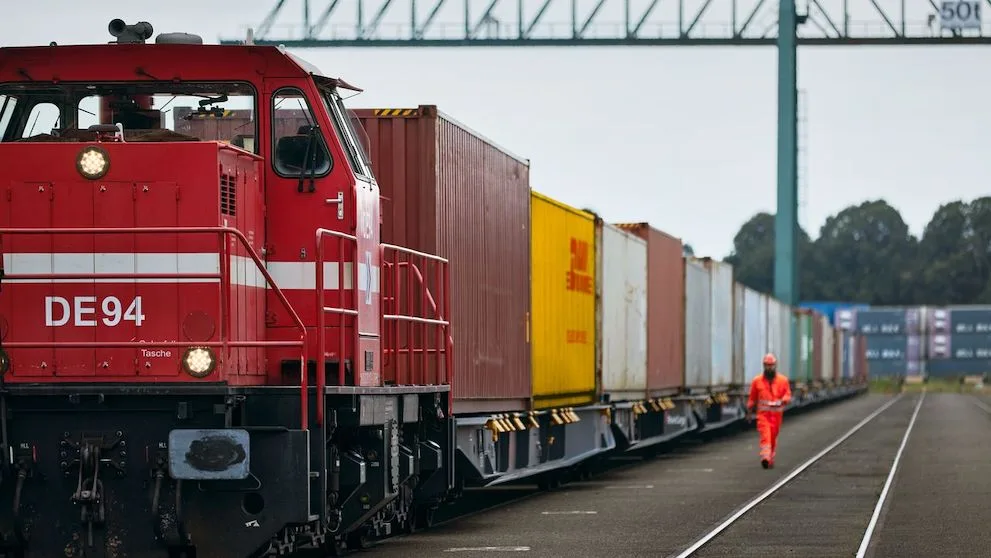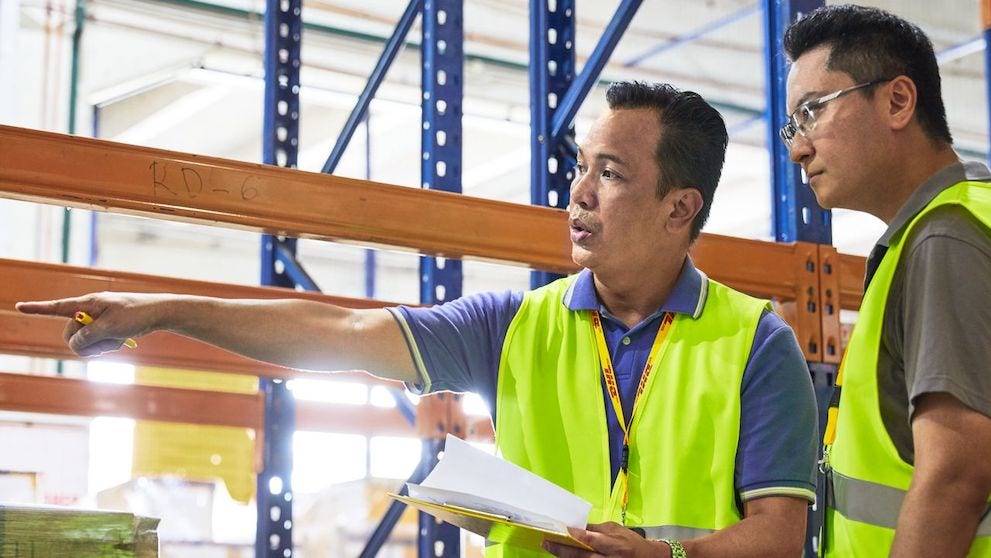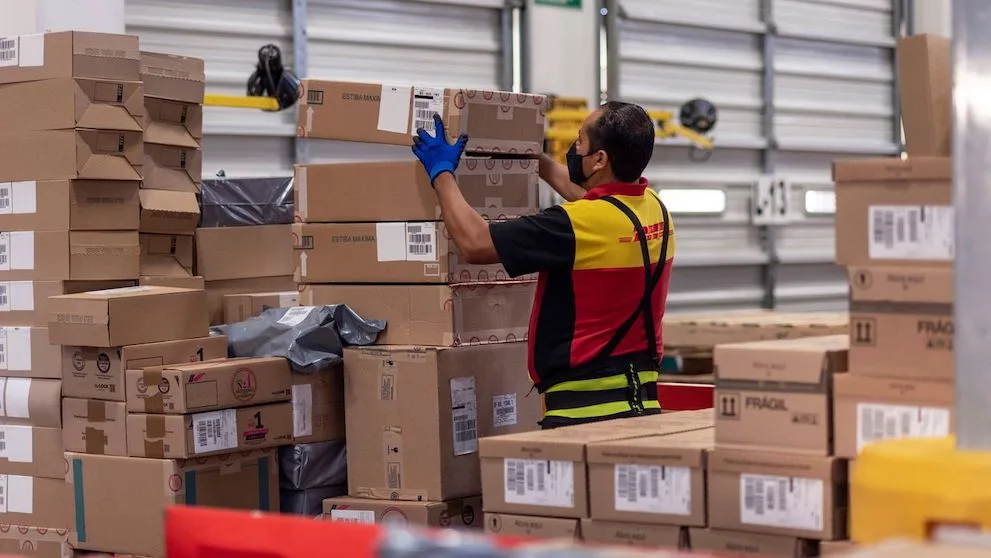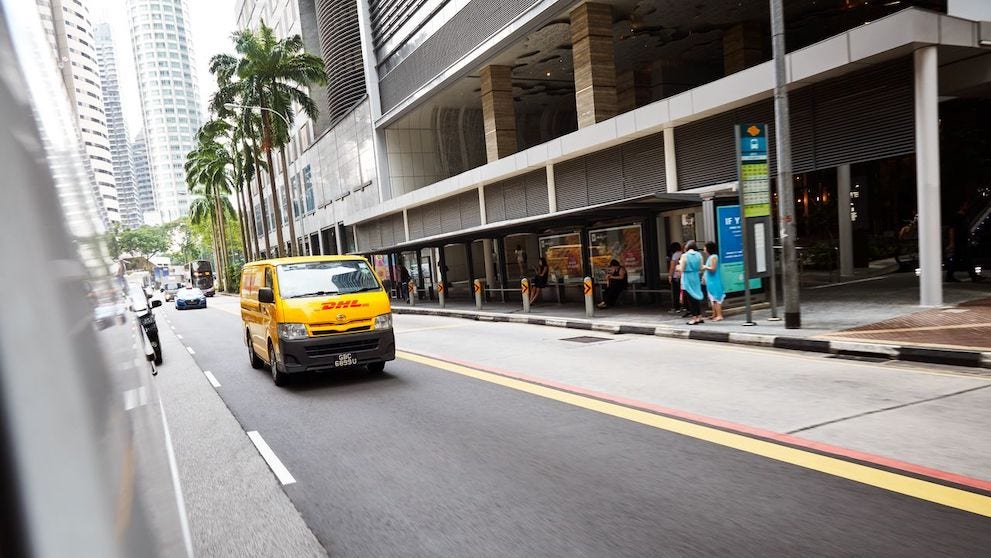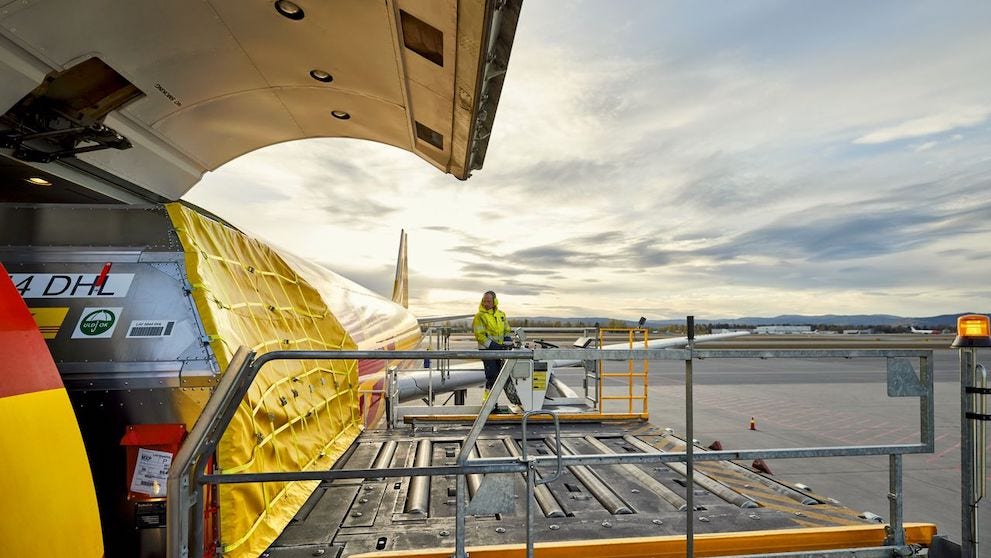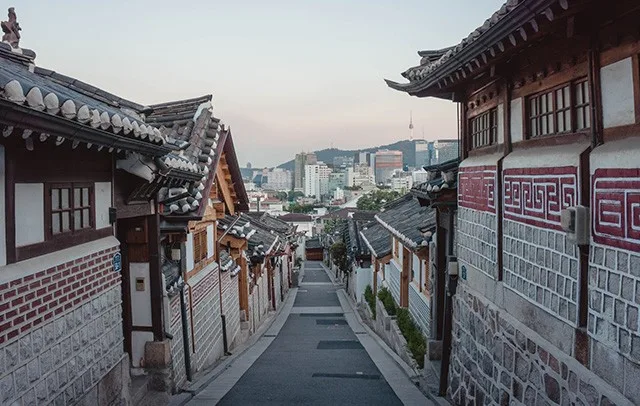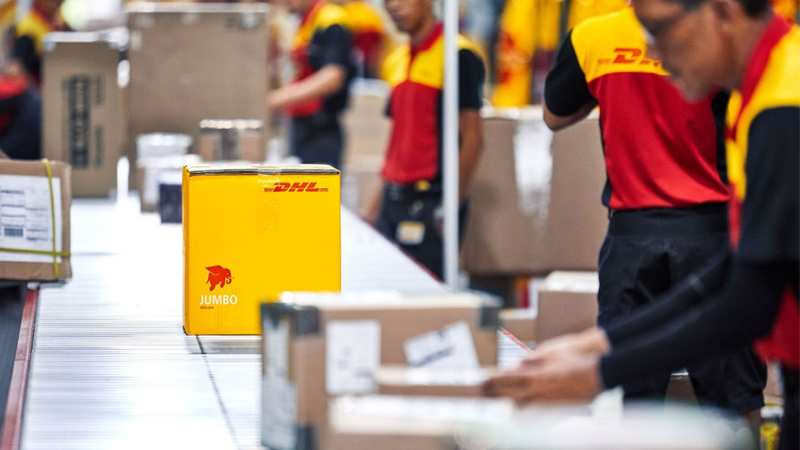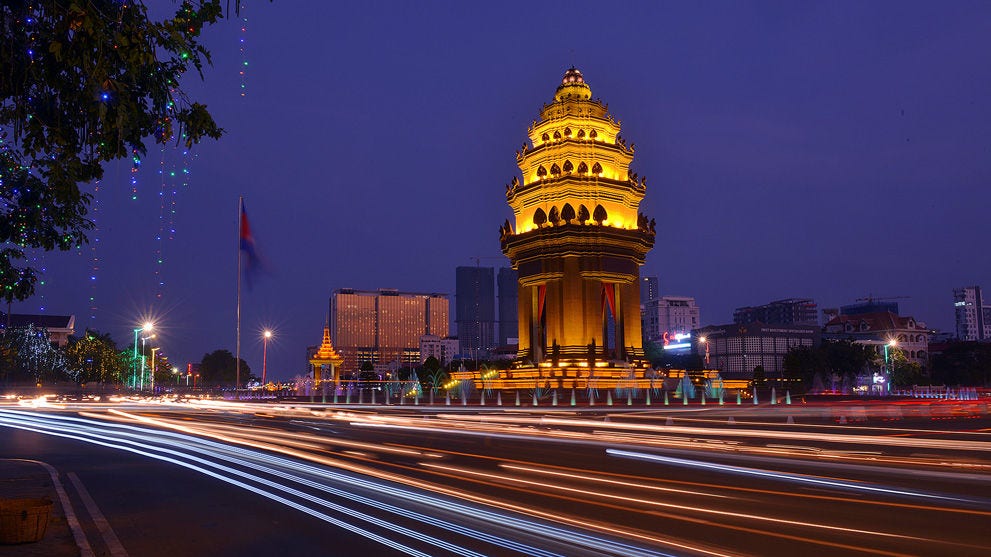
Free Trade Agreements (FTAs) are pivotal in shaping economic interactions between countries all over the world. For businesses in Singapore, it means more opportunities to expand to a broader market globally and enjoy the benefits of tariff concessions, simplified trade procedures, and intellectual property protection.
According to ASEAN Briefing, Singapore's dynamic economy is currently supported by a comprehensive network of 27 implemented FTAs with diverse partners. The list of free trade agreements consists of 15 bilateral agreements (between Singapore and a single trading partner) and 12 regional agreements (signed between Singapore and a group of trading partners).
However, to maximise the advantages of these FTAs, Singaporean businesses must be well-versed in the overseas export process, especially with regard to the rules of origin. Knowledge in this area not only ensures compliance but also enables businesses to fully leverage the preferential benefits offered under Singapore’s free trade agreements.
What are rules of origin (ROO)?
By definition, the rules of origin pertain to the criteria used in determining the product’s country of origin. This is important in determining whether goods entering a specific country are eligible for preferential treatment under FTAs, such as reduced tariffs or duty exemptions. As such, it’s essential for exporters to understand ROOs so that they can benefit from lowered trading costs and enhanced market access.
What is an originating good?
A good qualifies as originating if it conforms to the origin criteria outlined in the rules of origin chapter of a free trade agreement. Originating goods in an exporting party generally fall into two broad categories:
1. Goods that are Wholly Obtained (WO)
A good is classified as Wholly Obtained (WO) if it is naturally occurring, is a plant grown and harvested, or an animal born and raised, or if it originates from production waste in the country of export. Additionally, goods made entirely from originating materials are also considered WO.
2. Goods that are manufactured using non-originating materials.
Goods produced using non-originating materials must undergo significant transformation in a country to be recognized as originating. The criteria for determining this transformation include:
- Change in Tariff Classification (CTC): This involves the change in the Harmonized System (HS) Code of the non-originating materials during the manufacturing process.
- Regional Value Content (RVC): This requires that a certain percentage of the value of the final product must be attributable to production processes carried out within the FTA member countries.
- Process rule: This rule specifies particular manufacturing or processing operations that must occur for a good to be considered originating. These operations should be substantial enough to result in a new or fundamentally altered product.
These methods may be employed individually or in combination, depending on the specific origin criteria set forth in the free trade agreement. The origin of these goods is determined by the country where the last significant transformation takes place.
What are non-originating materials?
Non-originating materials refer to materials or components that:
- Are imported from a country that is not a member of the free trade agreement
- Are produced within a member country of the free trade agreement but do not meet the specified rules of origin under the agreement
- Have an undetermined origin
What do businesses need to prove the origin of goods?
Under the rules of origin, it’s essential for businesses to apply for a Certificate of Origin (CO) to attest to the origin of goods. This certificate will be issued by the Singapore Customs and other authorised organisations, like the Singapore Manufacturing Federation. There are two types of COs that can be issued: an ordinary CO and a preferential CO.
An ordinary CO, also called non-preferential CO, is a trade document that identifies the origin of the good. On the other hand, a preferential CO allows buyers from another country to pay lower or no customs duty when they export their goods under a free trade agreement or schemes of preferences.
How does cumulation affect the rules of origin?
Also referred to as accumulation, cumulation is a provision that permits goods obtained in one FTA member country or processing that occurs there to be considered as originating in another. This is a crucial aspect of trade agreements, facilitating shared production across the FTA territory.
As such, cumulation offers producers increased flexibility in sourcing inputs and parts. This provision allows them to use components from suppliers within FTA partner countries and treat these as originating when determining the origin of the final product.



